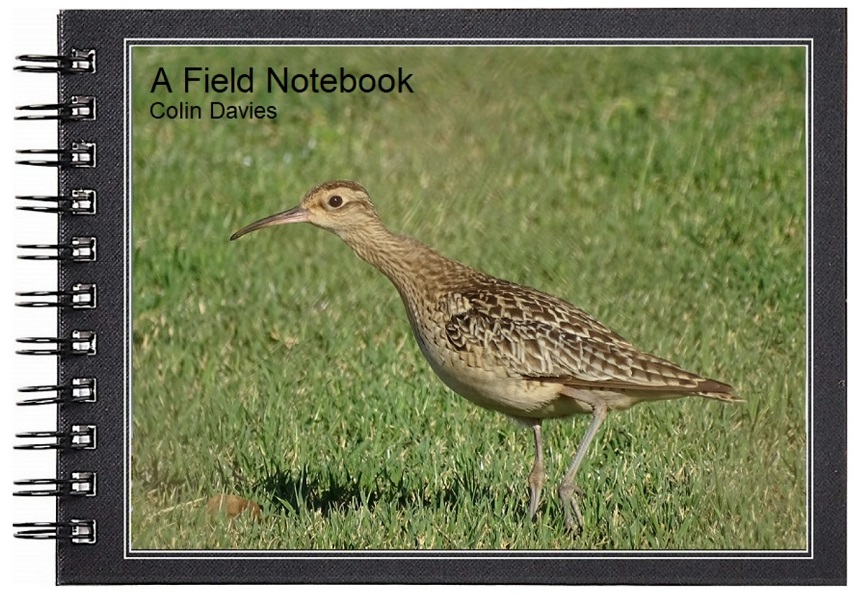Jay 2

 Sometimes I think it's easy to overlook that which is on your doorstep. Eccleston Mere is a 20 minute walk or a 5 minute bike ride from my house, and yet at times it seems as nice as anywhere. The western shore of the mere has been really good over the past few weeks and on a nice sunny morning like today it's a pleasure to be there. The hedge on the right of the photos really catches the morning sun, and it's full of a variety of trees and shrubs, including Sycamore, Ash, Hawthorn, Elder, Guelder-rose, Bramble, Honeysuckle and Alder. The sunny aspect of the hedge attracts a variety of birds, including at the moment roving flocks of small birds which include Blackcaps, Chiffchaffs, Blue Tits, Great Tits, Long-tailed Tits and a variety of finches and thrushes. Meanwhile the Alders on the shore of the mere attract Siskins and Goldfinches. At the southern end of the western shore there is a fen habitat with a wonderful variety of plants, that is dominated by the beautiful Slender-tufted Sedge Carex acuta. This is a favourite haunt of dragonflies and damselflies, including the impressive Brown Hawker, and the ditch which runs below the hedge and the adjacent Alder carr attracts Willow Tit and in most winters Water Rail and occasionally Woodcock and Snipe. The western shore is also the best place to see bats at the mere in summer and autumn. Noctules and pipistrelles fly along the path and hedge, whilst Daubentons fly low over the water, almost appearing to pick insects off the surface.
Sometimes I think it's easy to overlook that which is on your doorstep. Eccleston Mere is a 20 minute walk or a 5 minute bike ride from my house, and yet at times it seems as nice as anywhere. The western shore of the mere has been really good over the past few weeks and on a nice sunny morning like today it's a pleasure to be there. The hedge on the right of the photos really catches the morning sun, and it's full of a variety of trees and shrubs, including Sycamore, Ash, Hawthorn, Elder, Guelder-rose, Bramble, Honeysuckle and Alder. The sunny aspect of the hedge attracts a variety of birds, including at the moment roving flocks of small birds which include Blackcaps, Chiffchaffs, Blue Tits, Great Tits, Long-tailed Tits and a variety of finches and thrushes. Meanwhile the Alders on the shore of the mere attract Siskins and Goldfinches. At the southern end of the western shore there is a fen habitat with a wonderful variety of plants, that is dominated by the beautiful Slender-tufted Sedge Carex acuta. This is a favourite haunt of dragonflies and damselflies, including the impressive Brown Hawker, and the ditch which runs below the hedge and the adjacent Alder carr attracts Willow Tit and in most winters Water Rail and occasionally Woodcock and Snipe. The western shore is also the best place to see bats at the mere in summer and autumn. Noctules and pipistrelles fly along the path and hedge, whilst Daubentons fly low over the water, almost appearing to pick insects off the surface. 
 Elder is a beautiful bush I think. The berries are a favourite food of Blackcap at this time of year. This species changes its diet from being insectiverous in the summer to eating berries in the autumn and winter, and this habit has allowed it to change its migratory patterns so that many birds from Central Europe now over winter in Britain rather than flying south to Africa. The advantage to the bird is that they don't have to migrate as far (with all of its associated dangers) and therefore get back to the breeding sites earlier and in better condition than the birds which go to Africa. Interstingly, I'm not sure that British Blackcaps have ever been proven to over winter in Britain.
Elder is a beautiful bush I think. The berries are a favourite food of Blackcap at this time of year. This species changes its diet from being insectiverous in the summer to eating berries in the autumn and winter, and this habit has allowed it to change its migratory patterns so that many birds from Central Europe now over winter in Britain rather than flying south to Africa. The advantage to the bird is that they don't have to migrate as far (with all of its associated dangers) and therefore get back to the breeding sites earlier and in better condition than the birds which go to Africa. Interstingly, I'm not sure that British Blackcaps have ever been proven to over winter in Britain.





No comments:
Post a Comment